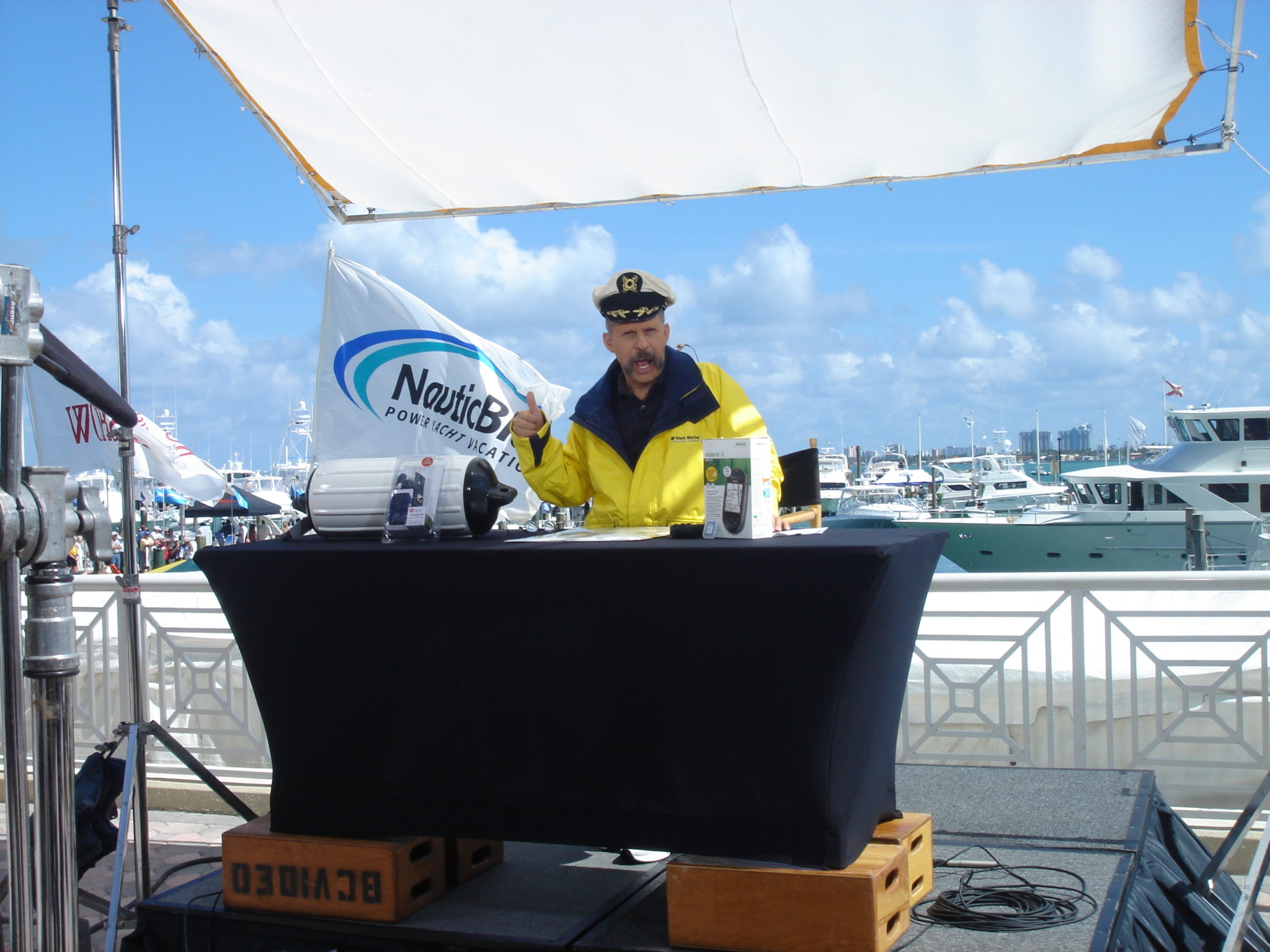If you’re planning on producing great looking live events for television broadcast, ensuring the lighting is just right is vital if you want your work to look and feel professional.
When it comes to lighting, as much time should be spent on planning the lighting as is spent on other areas of the production. With plenty of experience behind them and an intimate knowledge of every aspect of studio and event illumination, a professional Lighting Director will quickly become one of the most important people on your set.
What is the difference between a lighting technician and a lighting director?
Lighting technicians are also called ‘sparks’ and are responsible for setting up and operating equipment under the supervision of a Lighting Director. Whilst they are very skilled in their own right, lighting techs are generally responsible for rigging up lighting equipment, carrying out lighting tests, positioning lights during shoots, and managing the inventory of bulbs and filters. It is the Lighting Director that makes the big creative decisions about how best to light the set, and they are hired to call upon all of their expert technical knowledge and creative flair. It is also the job of the Lighting Director to create detailed lighting plans that the “sparks” will follow when setting up.
How Does The Lighting Director Create A Lighting Plan?
To create an effective lighting plan, the Lighting Director will need to liaise with various other professionals involved in the production. To get a good understanding of the design and feel of each piece, the Lighting Director will need to spend time with both the Director and the Designer of the production.
It’s not just how the lighting should look that is important, it is also knowing exactly when it should change in line with the action on stage or in front of the camera. A Lighting Director will, therefore, need to get to know the script and storyline in order to compile a cue list to ensure that lighting effects are changed at the right time.
With all this information behind them, the Lighting Director can create a comprehensive plan that sets out exactly which kind of lighting should be used and when.
What Type Of Lighting Should Be Used On Set?
Again, this is where a Lighting Director comes into their own. Anyone can add stage lighting and hope for the best, but an experienced Lighting Director will be able to choose lighting that not only looks amazing on camera but is also safe for the conditions on set. Knowing exactly where lighting rigs should be positioned is also a skill that comes with plenty of experience. From lanterns to LED lights and everything in between, an experienced Lighting Director will know which lights work best for every scene.
Lighting Directors Are Artists In Their Own Rights
More and more successful producers understand the importance of hiring an experienced Lighting Director for their productions and events. With a plethora of skills needed to create great lighting, including technical knowledge, an understanding of stagecraft and the ability to comprehend the overall design vision, Lighting Directors are creating truly amazing cinematic action, across a wide range of genres.
If you would like to find out more about our Lighting Director services, speak to us today at (561) 368-0101.
Frank Gatto & Associates, Inc. are specialists in lighting for television events of all kinds. If you have an event that needs expert lighting, please call us today to see how we can help.
Phone: 561-368-0101
Email: frank@frankgattolighting.com
We can be found on Social Media at the following links.

